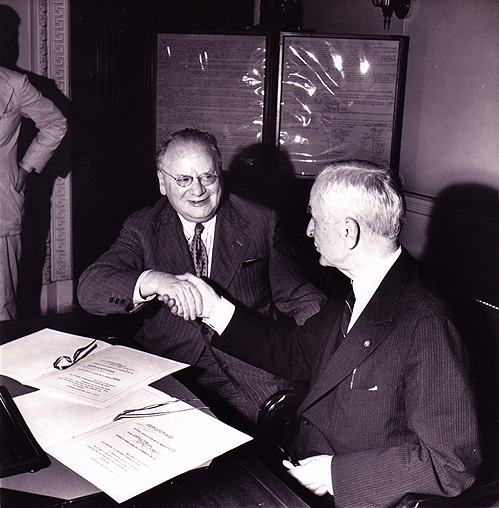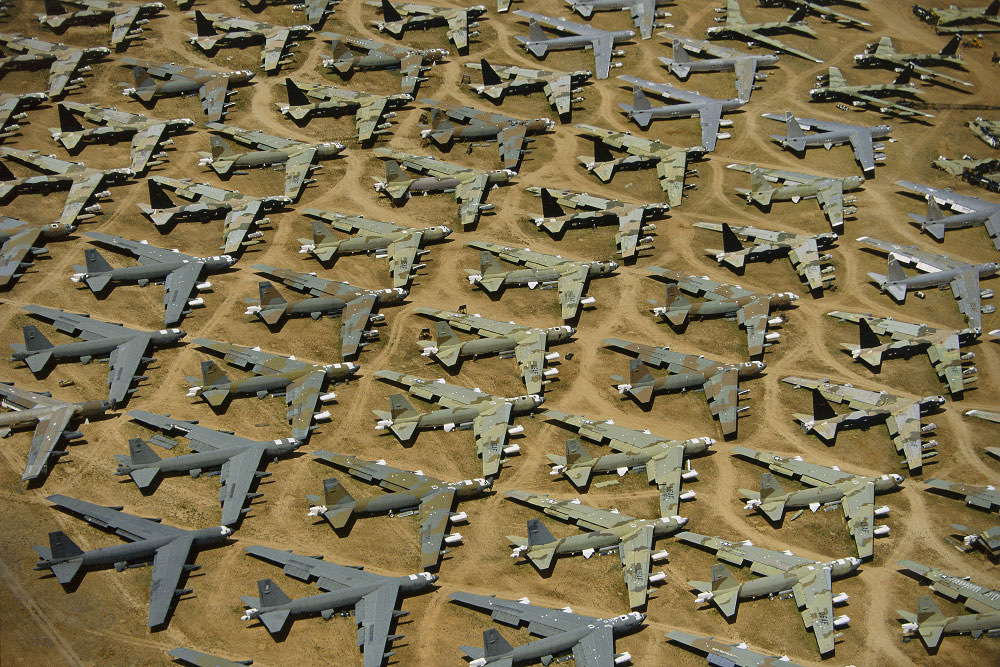Estou acabando de ler o "The Grand Alliance" e comecei a folhear os anexos.
Churchill consegue ser mais eloquente e irônico nessas mensagens pessoais menores, que ele enviava para seus ministros sobre assuntos mais corriqueiros (o que me faz pensar sobre as que ele não publicou...). Nessas mensagens podemos ver o quanto Churchill se envolvia em todos os assuntos. Irritante? Sim. Mas ele chamava a responsabilidade para ele.
Prime Minister to Minister of Food, 22 Dec 1941.
Your minute about the egg distribution scheme.
The fact that 370,000 small producers have enough gumption to keep chicken is a matter of congratulation; under this head the only complaint I have heard is that this practice is not sufficiently encouraged. After all, the backyard fowls use up a lot of scrap, and so save cereals.
I quite recognize your difficulties, with your imports cut to one-third, but I hope that you will get the quantity which you had planned, so that this important animal protein which is so essential in the kitchen should not be deficient.
W. C. The Grand Alliance.





